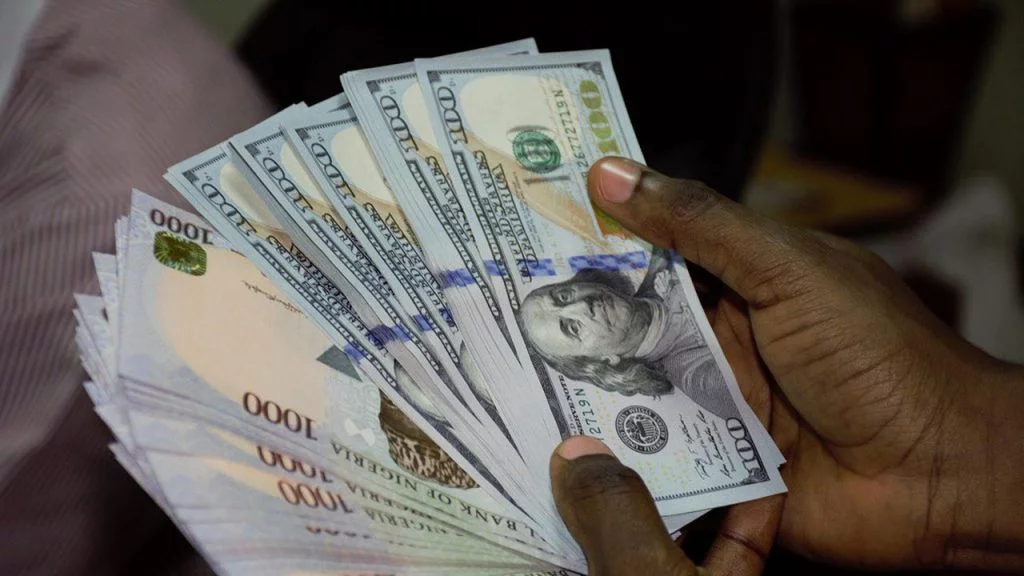Nigeria has attracted more than $5 billion in new investments across the manufacturing, fintech, and energy sectors, the Federal Government said on Friday, citing growing investor confidence in its economic reforms.
Speaking at the opening of the 39th Lagos International Trade Fair at Tafawa Balewa Square, President Bola Tinubu, represented by the Minister of State for Industry, Trade, and Investment, Senator John Uwan-Enoh, described the inflows as evidence of the impact of key policies under the Renewed Hope Agenda.
These include the removal of fuel subsidies, the unification of the foreign exchange system, and ongoing efforts to simplify business regulations.
“Over the past two years, we have attracted over $5bn in new manufacturing, fintech, and energy investments through policy clarity and investor engagement,” Tinubu said. “These reforms are restoring transparency, rebuilding investor trust, and placing Nigeria on a sustainable fiscal path.”
He added that the government was committed to translating Nigeria’s potential into productivity by strengthening local industries, improving ease of doing business, and championing innovation and trade.
“Under the Renewed Hope Agenda, we are moving purposefully from potential to productivity, deepening investor confidence, and creating value across sectors,” he said.
Tinubu also reaffirmed Nigeria’s ambition to lead in the African Continental Free Trade Area (AfCFTA), emphasising that the country must not only participate but drive the implementation of the continental pact.
Trade Fair as Economic Catalyst
The President praised the Lagos Chamber of Commerce and Industry (LCCI) for sustaining the trade fair for nearly four decades and commended Lagos State for its infrastructure growth, calling the city the “commercial heartbeat of Africa.”
LCCI President Gabriel Idahosa said the 2025 fair had already generated N250 million through booth construction and employed 280 local artisans during setup, providing an initial economic stimulus.
“The fair is not just a platform for showcasing products; it is a catalyst for job creation, innovation, and intra-African trade,” he added.
Themed “Connecting Businesses, Creating Value,” the fair features over 2,000 exhibitors and expects around 500,000 visitors over 10 days.
Idahosa highlighted the new multi-exhibition model, allowing participants to explore manufacturing, services, agriculture, and digital innovation within one ecosystem.
The introduction of a Tech Hub, he said, underscores the LCCI’s commitment to digital transformation.
“Through this platform, we celebrate and support technopreneurs driving Nigeria’s rapidly growing digital economy,” he added, noting that the tech sector remains among the fastest-growing segments of the country’s economy.
Lagos Driving Continental Trade
Representing Lagos Governor Babajide Sanwo-Olu, Commissioner for Commerce, Cooperatives, Trade and Investment, Folashade Ambrose-Medebem, said Lagos was attracting investments through improved infrastructure, industrial clusters, and digital systems.
She revealed that Lagos had secured the right to host the 2027 Intra-African Trade Fair in partnership with the Federal Government, further expanding Nigeria’s continental trade footprint.
The 2025 fair, running until November 16, is expected to foster new partnerships, reinforce Nigeria’s growing status as a preferred investment destination, and strengthen industrial collaboration across the continent.
Rate, Like 👍, Comment 💬, Share this article, Follow us on our social media handles, and Submit your own story to get featured and earn rewards!








